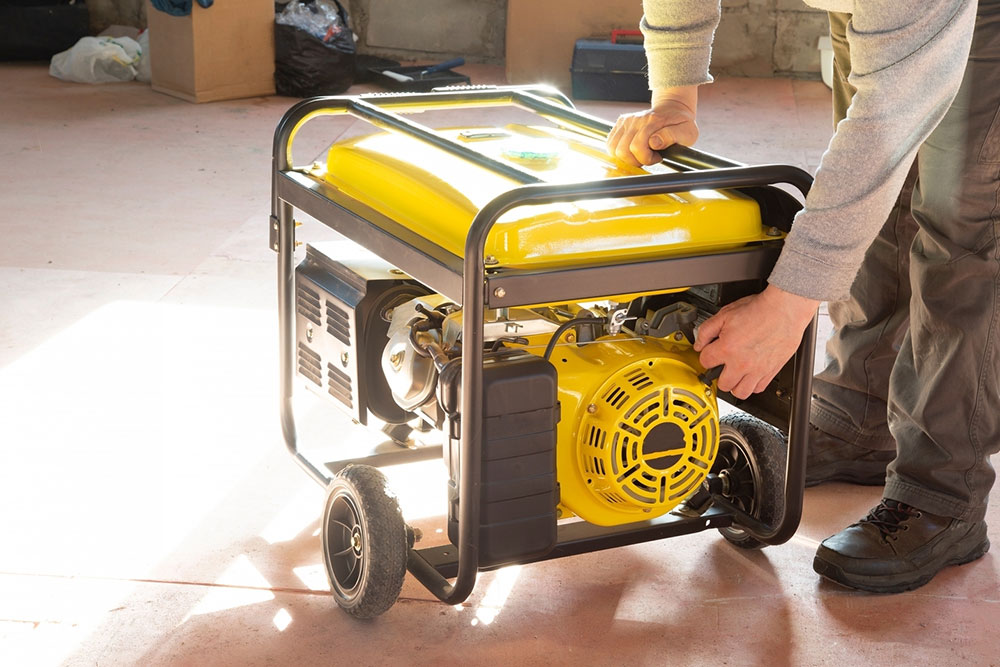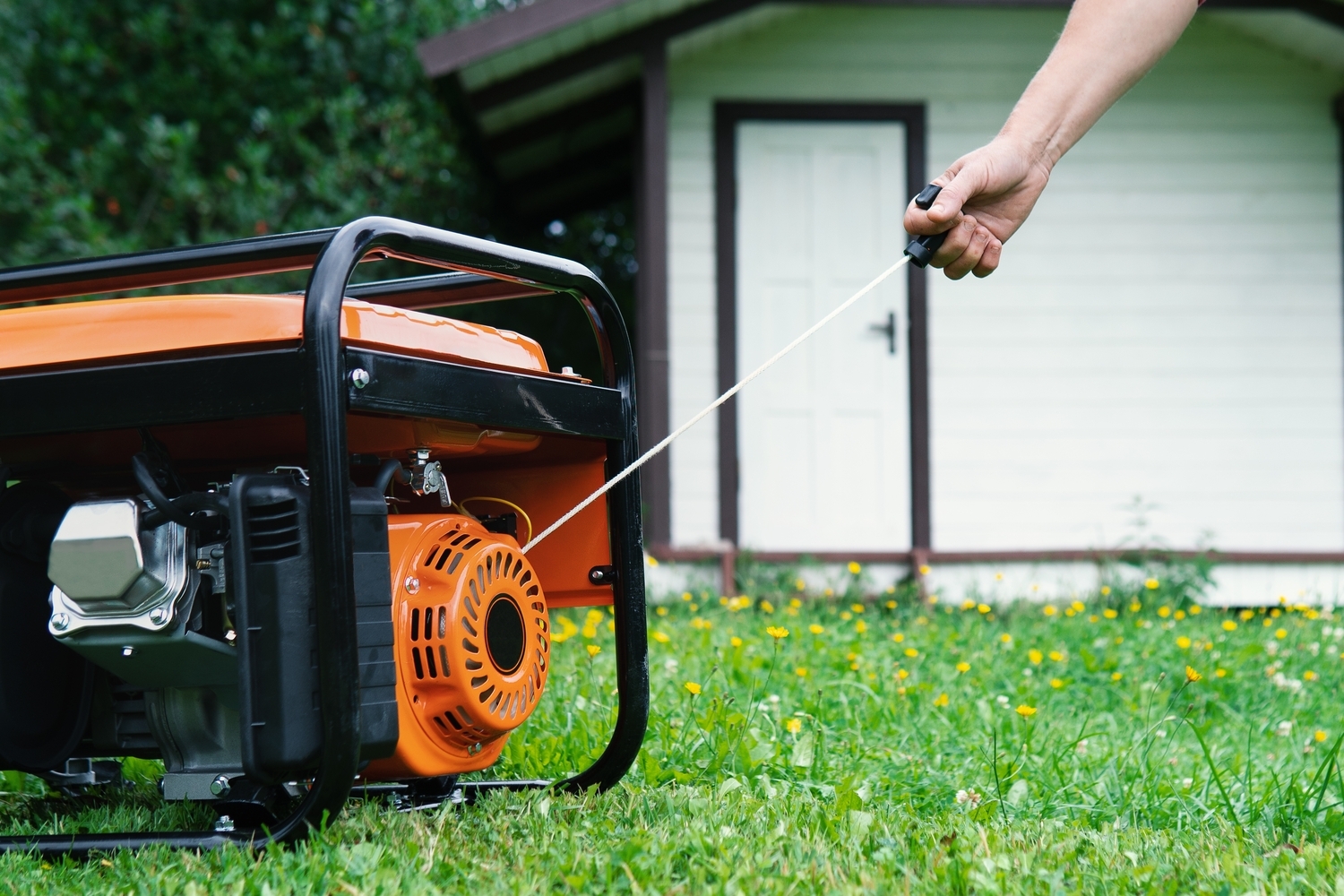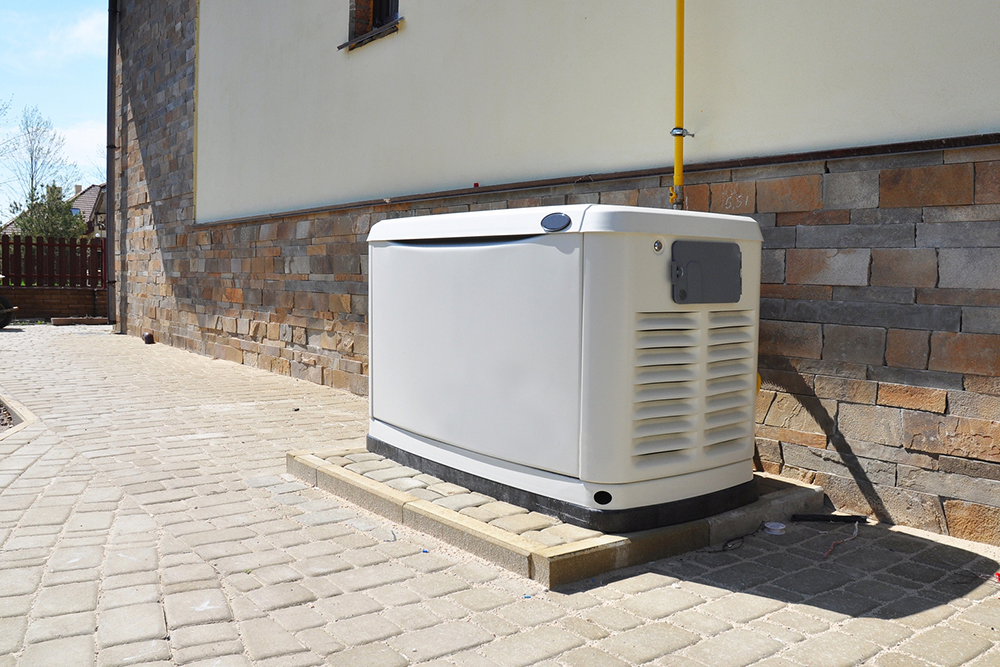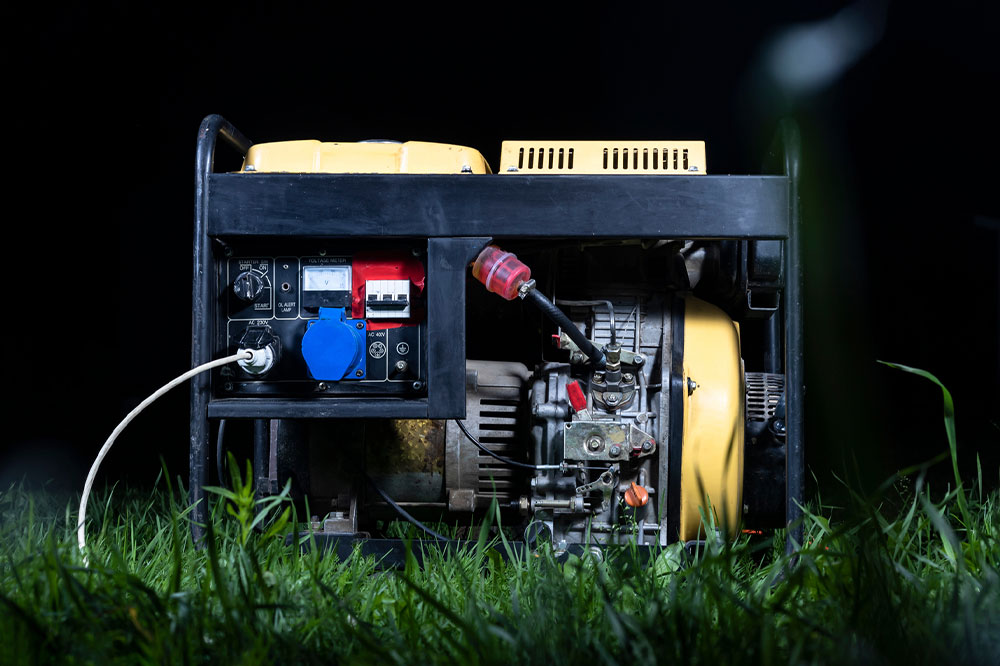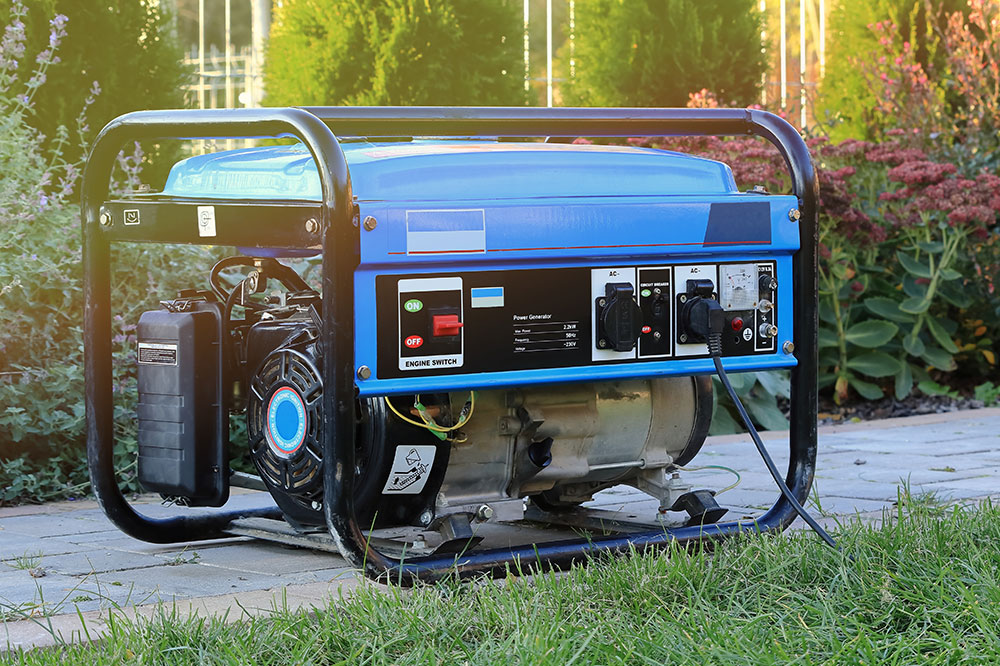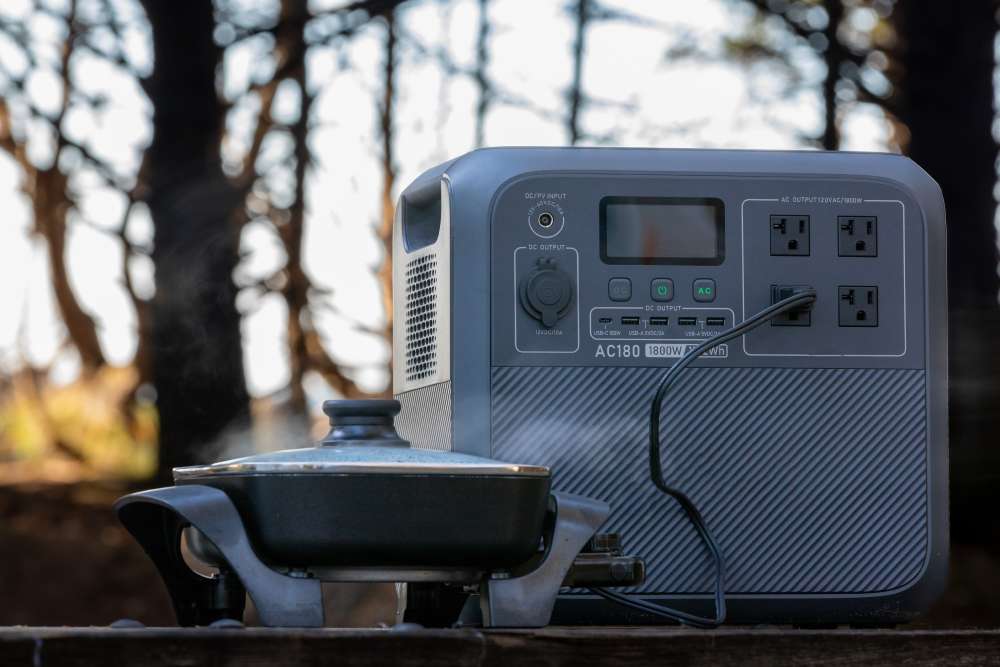Reliable Backup Power Solutions in New Zealand: A Guide to Emergency Generators
This article provides a comprehensive guide to emergency generator solutions in New Zealand. It highlights their importance amid natural hazards, discusses various types, and offers practical advice on selection and maintenance. Ensuring continuous power supply enhances safety, business continuity, and peace of mind. Learn how to choose the right generator for your needs, understand installation requirements, and safeguard your home or business against power outages with reliable backup power options tailored to New Zealand’s environment.
Sponsored
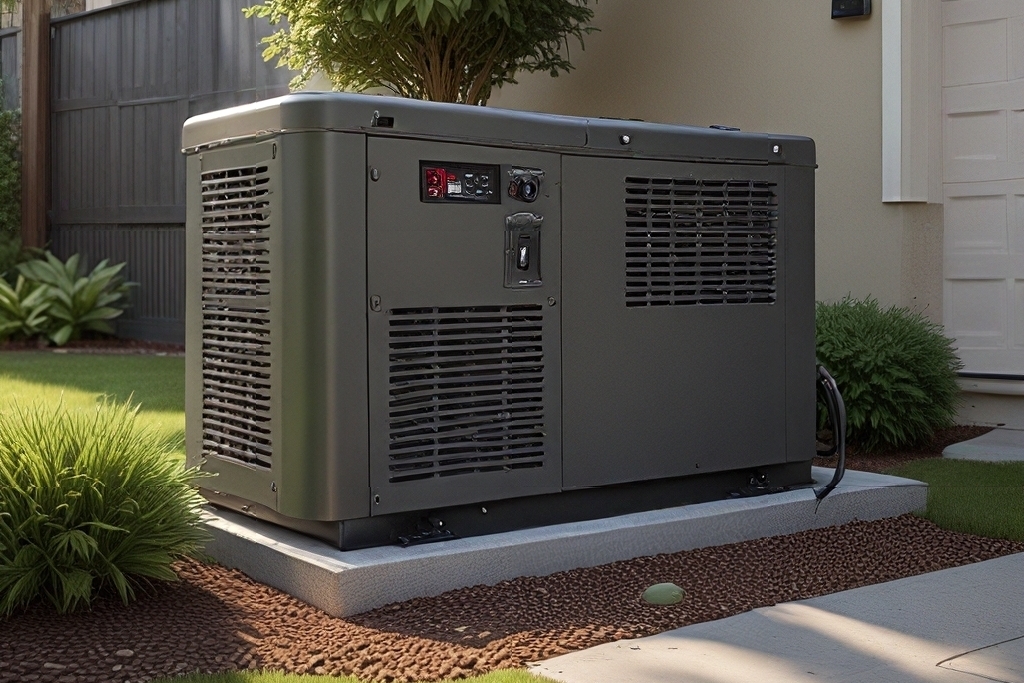
In New Zealand's dynamic landscape, emergency generators play a vital role in providing uninterrupted power for homes, businesses, and essential services. Natural hazards like earthquakes, storms, and volcanic activity can cause significant power outages, making backup solutions crucial. This article explores the importance, different types, and selection tips for emergency generators tailored to New Zealand’s environment, highlighting their benefits and key considerations for safe and effective use.
Why Emergency Generators Are Essential
Due to New Zealand's unique geography and seismic zones, power disruptions are a common concern. Earthquakes, severe weather events, and volcanic activities can compromise the grid for extended periods.
Emergency generators are crucial for:
Home Security and Comfort: Ensuring essential appliances like heating, food preservation, and medical devices keep functioning during outages.
Business Continuity: Protecting operations, especially for companies needing temperature control or continuous IT systems, thus preventing losses and service interruptions.
Critical Infrastructure: Hospitals, emergency responders, and communications rely on backup power to maintain public safety during crises.
Common Types of Emergency Generators
Different generator types suit various needs. Here are the main options:
Portable Generators: Flexible and mobile, perfect for short-term use at home or outdoor activities like camping.
Standby Generators: Permanent units that automatically turn on during power failures, ideal for homes needing constant power or businesses seeking seamless operations.
Inverter Generators: Quieter and fuel-efficient, suitable for sensitive electronics, residential areas, and recreational use.
How to Choose the Right Emergency Generator
Selecting the best generator involves considering:
Power Needs: Calculate total wattage of appliances and systems to determine size requirements.
Fuel Options: Diesel offers durability, petrol is portable, and propane is clean-burning and long-lasting.
Noise Levels: Quieter models like inverter or standby generators are preferable for residential zones.
Budget and Quality: Balance initial costs with reliability and maintenance ease.
Maintenance: Opt for models with accessible parts and regular servicing to ensure readiness.
Advantages of Emergency Generators
Enhanced Safety: Ensures critical systems like alarms, medical devices, and security operate constantly.
Business Security: Maintains operations, avoids revenue loss, and sustains customer trust.
Peace of Mind: Knowing power will be available during outages reduces stress and ensures normalcy.
Installation and Compliance Tips
Before installation, consult local regulations and hire certified professionals. Proper placement, ventilation, and noise control are essential to meet safety standards and legal requirements. Regular testing, especially with self-test models, guarantees operational reliability during emergencies. Proper maintenance is key to ensuring your backup power system functions smoothly when needed.
In New Zealand's evolving environment, emergency generators are a practical necessity. By understanding their types, choosing carefully, and maintaining them properly, residents and businesses can stay protected against unexpected power failures. Investing in reliable backup power means safeguarding safety, productivity, and peace of mind in any emergency scenario.
Following these guidelines helps New Zealanders build a resilient and prepared community for the future.

